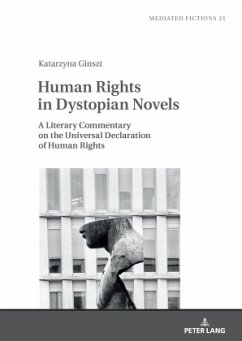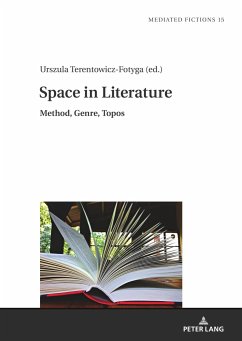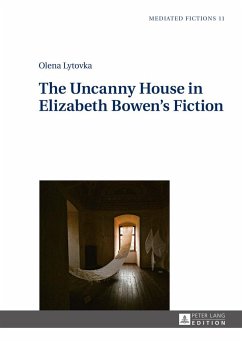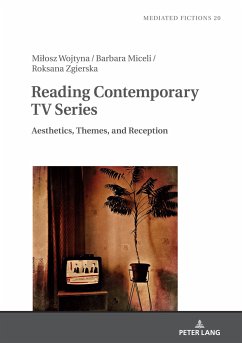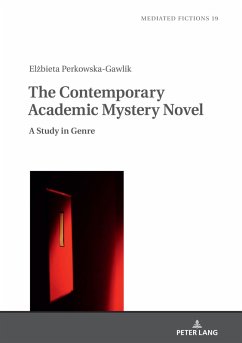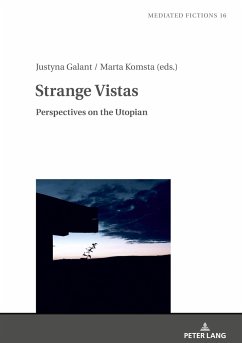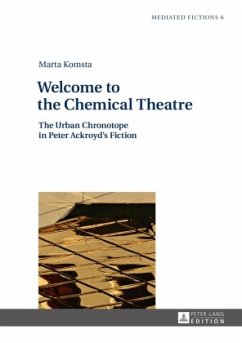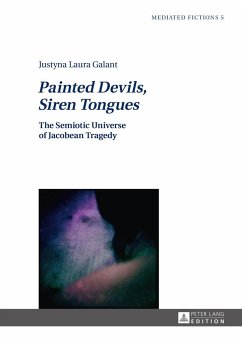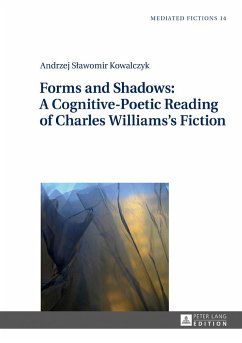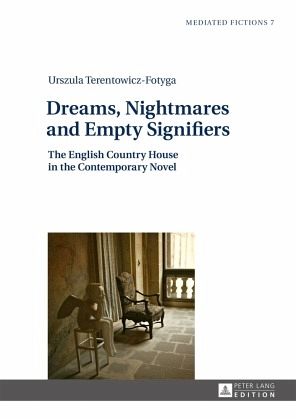
Dreams, Nightmares and Empty Signifiers
The English Country House in the Contemporary Novel
Versandkostenfrei!
Versandfertig in 6-10 Tagen
80,20 €
inkl. MwSt.

PAYBACK Punkte
0 °P sammeln!
Dreams, Nightmares and Empty Signifiers is the first study of contemporary literary representations of one of the most iconic topoi in English literature and culture - the country house. The book analyses nine contemporary novels, including Kazuo Ishiguro's The Remains of the Day, Ian McEwan's Atonement, Sarah Waters's The Little Stranger and Alan Hollinghurst's The Stranger's Child, by situating them in a broader context of manorial literary tradition. Analysing the different traditions of the novel of manners, gothic fiction and postmodern metafiction, the book identifies three principal var...
Dreams, Nightmares and Empty Signifiers is the first study of contemporary literary representations of one of the most iconic topoi in English literature and culture - the country house. The book analyses nine contemporary novels, including Kazuo Ishiguro's The Remains of the Day, Ian McEwan's Atonement, Sarah Waters's The Little Stranger and Alan Hollinghurst's The Stranger's Child, by situating them in a broader context of manorial literary tradition. Analysing the different traditions of the novel of manners, gothic fiction and postmodern metafiction, the book identifies three principal variants of the manorial topos, which expound the country house as the locus of varied, often contradictory meanings.



